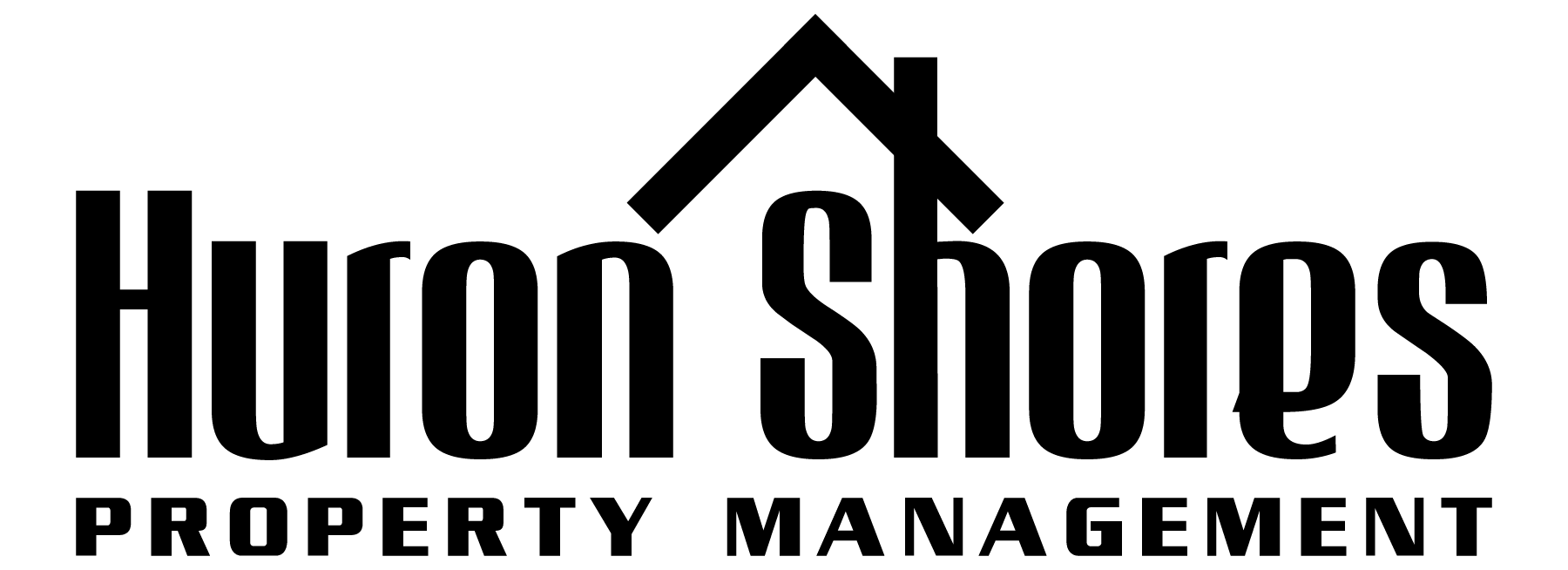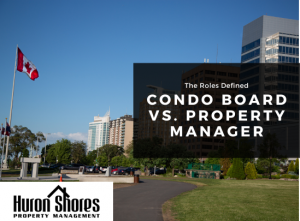The efficient operation of a condominium community relies on effective collaboration between the condo board and the property manager. Both parties play crucial roles in maintaining and managing the property, yet their responsibilities are distinct. In this blog post, we will explore the specific roles of a condo board and property manager and how they work together.
The Condo Board: Governance and Decision-Making
A condominium board, also known as a board of directors, comprises elected residents responsible for governing the condominium corporation. The primary role of the condo board is to make decisions on behalf of the corporation, which includes setting policies, establishing budgets, and ensuring the community’s financial stability.
Key Responsibilities of the Condo Board:
- Financial Management: The condo board is responsible for overseeing the financial health of the condominium corporation. This includes approving annual budgets, setting condo fees, and managing reserve funds.
- Policy Development: The board establishes and enforces the community’s policies and bylaws. This may include rules regarding noise, pets, parking, and other matters that affect residents’ quality of life.
- Contract Management: The board is responsible for hiring and managing contracts with third-party vendors, including property management companies, maintenance providers, and professional advisors.
- Legal Compliance: The condo board must ensure the corporation complies with all applicable laws and regulations, such as the Condominium Act of Ontario and local building codes.
The Property Manager: Day-to-Day Operations and Maintenance
A property manager is a professional hired by the condo board to handle the day-to-day operations and maintenance of the condominium community. They serve as residents’ primary point of contact and ensure the community runs smoothly.
Key Responsibilities of the Property Manager:
- Maintenance and Repairs: The property manager coordinates routine maintenance, repairs, and upkeep of the community’s common areas and shared amenities.
- Financial Administration: The property manager handles the day-to-day financial tasks of the condominium corporation, such as collecting condo fees, paying invoices, and providing financial reports to the board.
- Resident Communication: The property manager serves as the primary liaison between the board and residents, addressing inquiries, concerns, and requests in a timely and professional manner.
- Enforcement of Policies and Bylaws: The property manager is responsible for enforcing the rules and bylaws established by the condo board and addressing potential violations or disputes.
Collaboration for a Successful Condominium Community
The relationship between the condo board and the property manager is essential for the successful operation of a condominium community. By working together and clearly understanding their respective roles and responsibilities, they can ensure that the community is well-maintained, financially stable, and a pleasant place to live.
Final Thoughts
At Huron Shores Property Management, we pride ourselves on our ability to work closely with condo boards and deliver exceptional service to condominium communities. Our expertise in property management and commitment to open communication makes us an ideal partner for condo boards looking to create a thriving community.
If you’re seeking a property management company that understands the importance of collaboration and can effectively manage your condominium community, contact Huron Shores Property Management today at 519-916-1113 or huronsshores@hspm.ca and visit our website at huron-shores.com. Let us help you achieve the success and harmony your community deserves.





